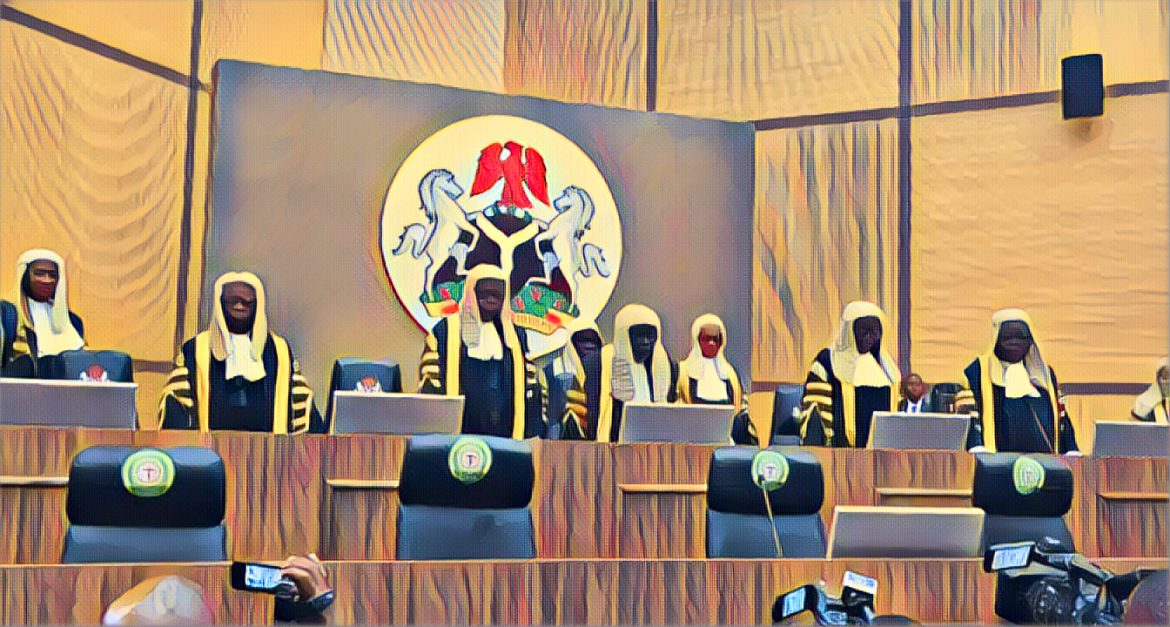The Supreme Court of Nigeria has welcomed 11 new justices, increasing its bench to 21 members. This is the largest number of justices in the history of the apex court, and it reflects the country’s growing diversity and judicial needs.
A historic appointment
The new justices were sworn in by the Chief Justice of Nigeria, Justice Olukayode Ariwoola, on Monday, February 26, 2024. They include Justices Jummai Sankey, Chidiebere Uwa, Chioma Nwosu-Iheme, Haruna Simon Tsammani, Moore Adumein, Obande Ogbuinya, and Stephen Adah. Others are Habeeb Abiru, Jamilu Tukur, Abubakar Umar, and Mohammed Idris.
The appointment of the new justices is historic for several reasons. First, it marks the first time that the Supreme Court has reached its full complement of 21 justices, as recommended by the Constitution. Previously, the court had only 10 justices, which caused delays and backlogs in the dispensation of justice.
Second, the appointment of the new justices reflects the diversity of Nigeria’s population and legal system. Among the new justices are three women, two Muslims, and representatives from various regions and ethnic groups. The new justices also bring expertise and experience from different fields of law, such as constitutional law, criminal law, civil law, and Sharia law.
Third, the appointment of the new justices is expected to enhance the efficiency and quality of the Supreme Court’s judgments. With more justices, the court can form more panels and hear more cases, reducing the waiting time for litigants and lawyers. Moreover, with more perspectives and opinions, the court can deliver more balanced and comprehensive rulings that address the complex and evolving issues of the nation.
A welcome development
The appointment of the new justices has been widely praised by various stakeholders, including the Nigerian Bar Association, the civil society, and the public. Also, they have expressed hope that the new justices will uphold the rule of law, protect the rights of citizens, and promote the development of the country.
The new justices have also expressed their commitment and readiness to serve the nation with integrity, impartiality, and diligence. They have pledged to abide by the Constitution, the code of conduct, and the oath of office. They have also thanked the President, the Senate, and the Judicial Service Commission for their nomination and confirmation.
The Supreme Court of Nigeria is the highest court of the land and the final arbiter of legal disputes. Also, it has the power to interpret the Constitution, review the decisions of lower courts, and adjudicate on matters of national importance. However, with the addition of 11 new justices, the court is poised to perform its functions more effectively and efficiently, and to contribute to the peace, progress, and prosperity of Nigeria.
Source: Punch


